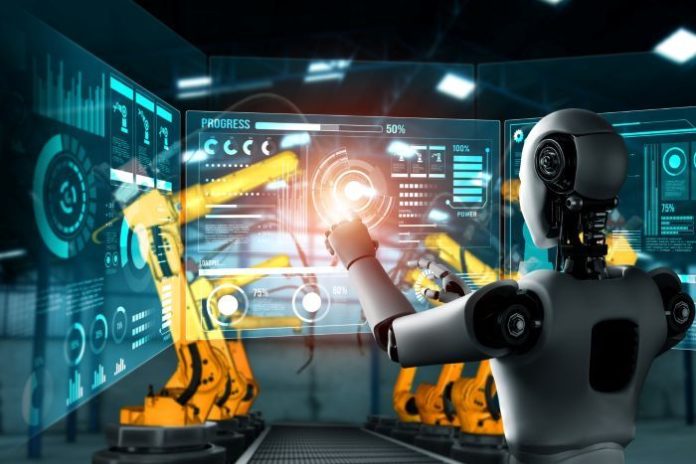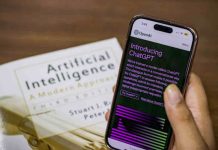In today’s AI conversation, most attention is on tools that make individual engineers faster – copilots that speed up coding, systems that auto-generate test cases, assistants that write documentation. But at Synodus, a custom software development firm based in Hanoi, Vietnam, the leadership team sees a blind spot: engineering teamwork and performance.
“Making one engineer 10% faster doesn’t mean the whole project moves 10% faster,” says Synodus’s founder and CEO. “Teamwork is messy, invisible, and much harder to measure. But in the end, it’s what makes or breaks delivery.”
Table of Contents
A CEO Shaped by Delivery
Unlike many tech executives, Synodus’s CEO didn’t rise through finance or strategy. He built his career in delivery. Over two decades, he has been a backend developer chasing deadlines, a business analyst rewriting requirements late at night, and a QA tester catching critical bugs just before launch. Later, as a delivery director, he led multi-million-dollar projects and rescued failing ones.
That hands-on journey left him stubborn about one truth: great software comes from strong engineering teamwork, not just fast individuals. And it informs how Synodus thinks about AI adoption today.
AI in Software Delivery: The Hype vs. the Hard Part
Much of the global research on AI in software engineering points to the same paradox: productivity gains come with new risks.
- A joint MIT and Stanford study found AI can make developers 55% faster but also double the likelihood of introducing insecure or incorrect code.
- A Harvard Business Review analysis warned that teams relying heavily on AI assistants often lose critical thinking discipline, accepting machine-generated outputs without challenging them.
- Gartner projects that by 2026, 80% of software engineering organizations will use AI coding tools, yet fewer than 30% will have clear governance in place to manage risks.
This mismatch highlights the blind spot Synodus emphasizes: while AI is celebrated for making individuals more efficient, the harder and more impactful challenge is how AI shapes team performance.
As Synodus’s CEO puts it, “Speed without alignment and accountability is a shortcut to failure. AI for individual productivity is the easy story. AI for teamwork is the harder, but far more important one.”
Five Practices for Engineering Teamwork and Leaders
Building on Henry Poydar’s framework, Synodus has translated principles into real practices:
1. Shared context
Instead of letting AI be used in silos, Synodus built internal workflows where AI-generated summaries of blockers, dependencies, and goals are shared daily across delivery squads.
➡ Outcome: This cut down unnecessary status meetings by 30% while increasing sprint predictability.
2. Forward-looking updates
Synodus uses AI to flag “what’s next” risks – for example, highlighting when a feature could slip due to upstream dependency.
➡ Outcome: This practice reduced last-minute escalations and shortened average delay recovery time.
3. Transparency builds trust
The company established a policy: whenever AI influences estimates, documentation, or code, the human reviewer must log the changes and rationale.
➡ Outcome: This not only reduced rework but also reassured enterprise clients in BFSI and healthcare that accountability and traceability were intact – a critical factor in winning new contracts.
4. Pattern recognition
“By running retrospectives with AI support, we identified recurring blockers across sprints – like repeated QA bottlenecks or scope changes.”, Quan Nguyen, Project Manager of Synodus.
➡ Outcome: Insights from this analysis led to a redesign of testing workflows, improving defect detection rates by 15%.
5. Engineering teamwork over individuals
Synodus treats AI as a team enabler rather than a personal productivity boost. Prompts and lessons learned are shared across teams through an internal “AI playbook.”
➡ Outcome: This collective knowledge base helped ramp up new engineers faster, turning individual experiments into organizational capability.
Why This Matters to Synodus
Synodus delivers technology for finance, healthcare, and government – industries where speed matters, but trust and security matter more. A single error can cost millions or compromise sensitive data.
That reality has shaped Synodus’s philosophy: AI must be applied with accountability, not just acceleration.
“AI is not here to replace critical thinking,” the CEO notes. “It’s here to help teams think together, align better, and deliver with greater confidence.”
About Synodus
Synodus is a Top 10 Vietnam software development company since 2019 and recognized in Clutch’s Top 100 Fastest Growing Companies 2025. The company specializes in fintech, healthtech, govtech, and travel. Synodus delivers end-to-end solutions – from enterprise software and mobile apps to AI, blockchain, and cloud platforms – while also providing dedicated teams on demand. Trusted by global brands and top banks in Southeast Asia, Synodus is expanding to the US with engineering teamwork to help businesses scale with speed, security, and certainty.











